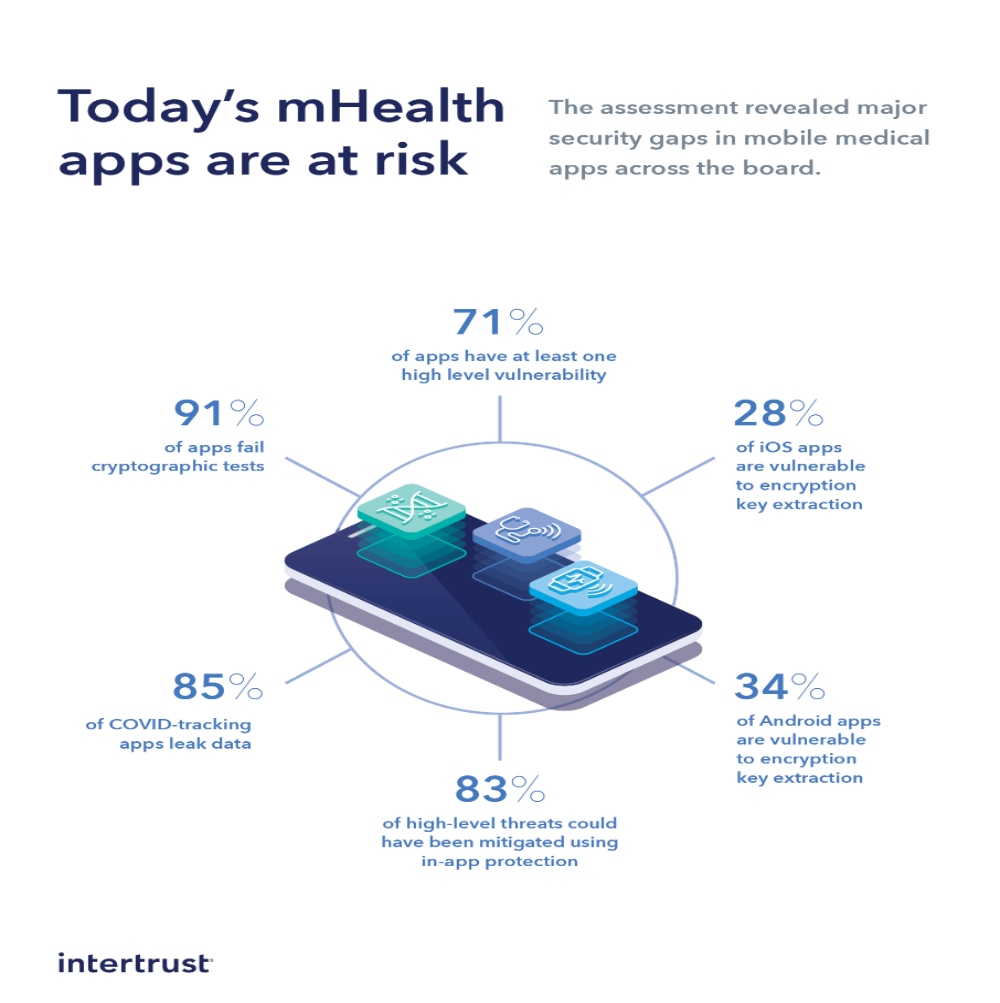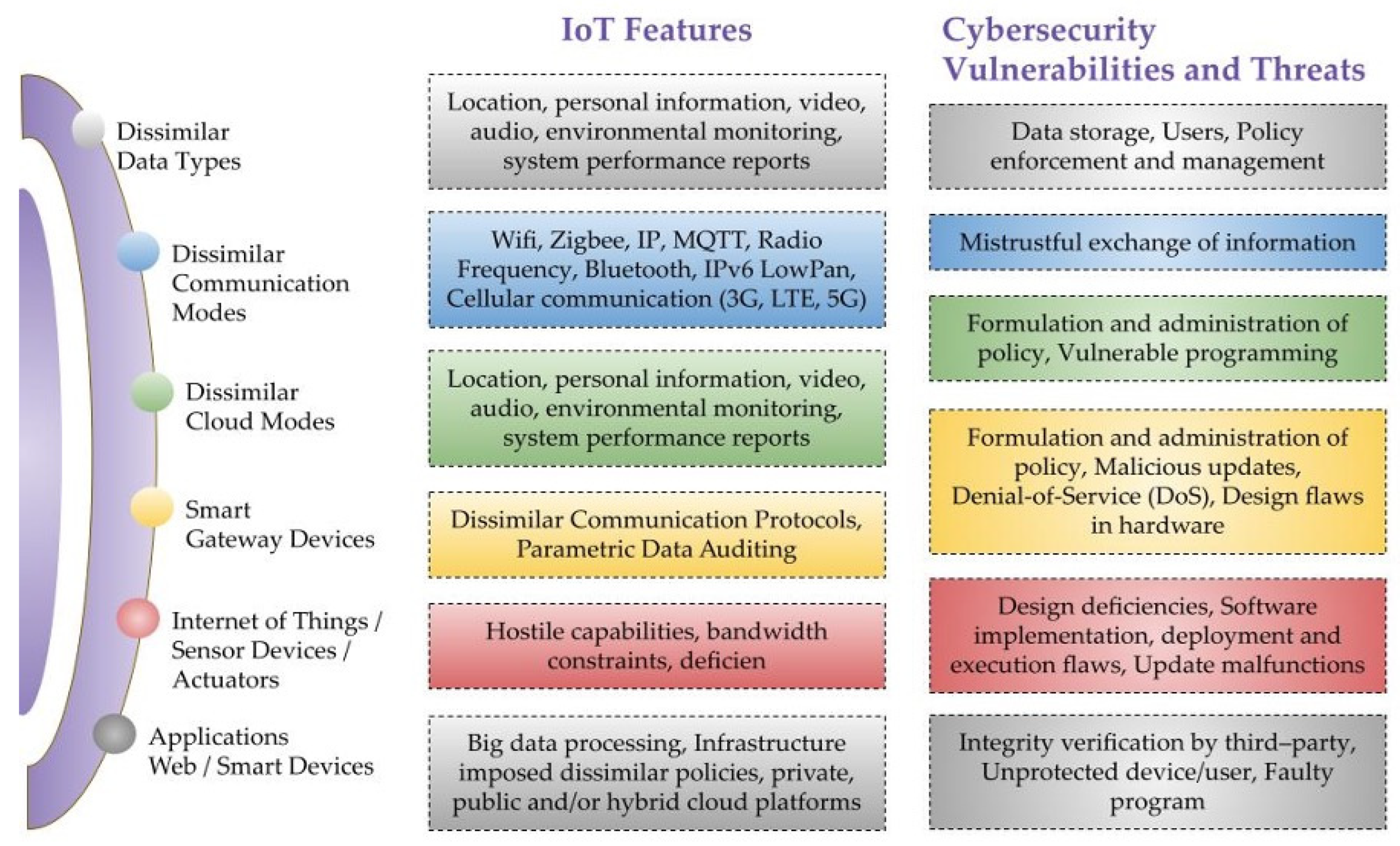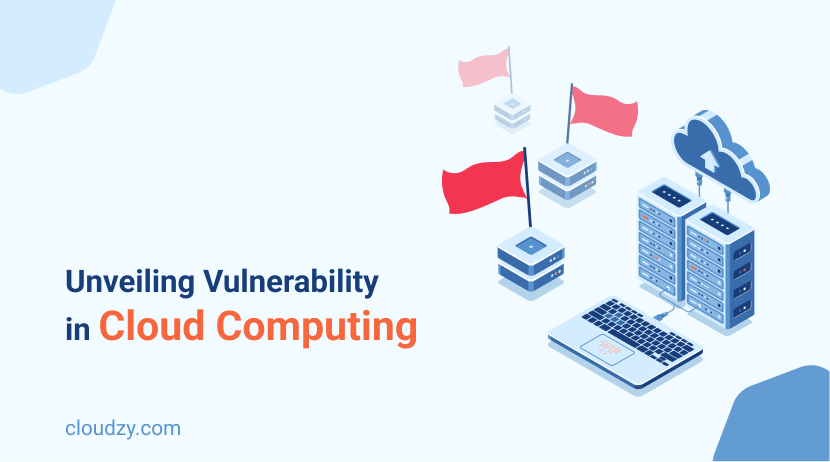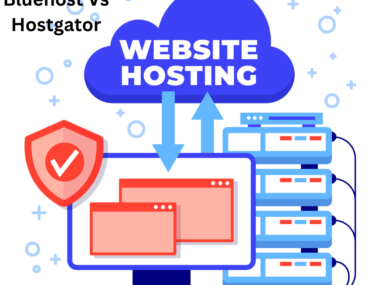Common Threats & Vulnerabilities of Web Hosting, Common threats and vulnerabilities of web hosting include DDoS attacks, malware, and unauthorized access. Data breaches and service interruptions also pose significant risks.
Also Read
Choosing the right web hosting service is crucial. It affects your website’s security and performance. A good web host provides robust defense mechanisms against cyber threats. These threats could compromise your site’s integrity and the sensitive data it holds.
Cybercriminals constantly evolve their tactics to exploit vulnerabilities. Web hosting providers must stay vigilant and implement strong security measures.
Regular updates, secure data backups, and intrusion detection systems are essential for a secure hosting environment. Ensuring your website remains accessible and safe is paramount. This is important for protecting your content.
It also maintains the trust of your visitors and customers. Choosing a hosting service with a solid security record can save you money after a cyber attack.
Table of Contents
The Perils of Web Hosting
Web hosting is the invisible foundation of the internet. It allows our sites to exist online. But, it’s not without risks. From data theft to service disruptions, hosting platforms can face serious security problems. Let’s delve into the threats that lurk within web hosting and the steps we can take to stay safe.
Types of Web Hosting Vulnerabilities
Web hosting services are complex systems. They host various sites and protect sensitive data. Despite this, vulnerabilities can expose them to attacks. Common weaknesses include:
- Software bugs: Flaws in hosting software can open doors for hackers.
- Outdated applications: Old programs without recent security updates are easy targets.
- Weak passwords: Simple passwords can lead to unauthorized access.
- Unsecured file permissions: Incorrect settings can give hackers a way in.
- SQL injection: Attackers can use it to manipulate databases.
- DDoS attacks: Overload a server, making the website slow or unavailable.
Being aware of these vulnerabilities is the first step to securing your web hosting environment.
Consequences of Hosting Security Breaches
A security breach can have devastating effects. The fallout from such events includes:
| Consequence | Impact |
|---|---|
| Data Theft: | Personal and financial information can be stolen. |
| Service Disruption: | Websites go down, affecting visibility and revenue. |
| Reputation Damage: | Users lose trust in your site, harming your brand. |
| Legal Consequences: | You may face lawsuits or fines for data breaches. |
| SEO Penalty: | Search engines may penalize your site, dropping your rank. |
Understanding these risks reminds us how critical security in web hosting is.

Credit: www.securitymagazine.com
Cyber Threats Looming Over Web Hosts
The digital landscape is fraught with dangers. They constantly threaten the sanctity of web hosting. Understanding these threats is key to defending against them effectively. Relentless DDoS attacks, stealthy malware intrusions, and cunning phishing scams threaten web hosting environments. We must safeguard them vigilantly.
Distributed Denial-of-service (DDoS) Attacks
DDoS attacks overwhelm web hosting services with traffic. This barrage forces websites offline. Hosts must use advanced security protocols to defend users’ digital assets. Let’s explore the key features:
- Massive surge of illegitimate traffic
- Can last for hours or even days
- Targets websites, online services, or networks
Protection measures include traffic filtering and overprovision of bandwidth.
Malware And Its Variants
Malware is malicious software used to damage or exploit hosted websites. Types of malware vary, and they include:
| Type | Operation |
|---|---|
| Ransomware | Locks data, demands ransom |
| Spyware | Steals sensitive information |
| Viruses | Corrupts files, spreads rapidly |
Web hosts must implement robust antivirus scanners and firewalls to detect and prevent malware infections.
Phishing Schemes Targeting End-users
Phishing schemes trick users into divulging sensitive information. Attackers often create replica websites to deceive users. Web hosts need to educate users and employ technologies that identify and block phishing activities.
- Educate users on identifying phishing emails and links
- Use SSL certificates to authenticate websites
- Deploy email filters to catch phishing attempts
User vigilance and smart hosting practices go hand in hand to mitigate phishing risks.
Inherent Weaknesses In Web Hosting Infrastructures
Web hosting is crucial for online presence. Yet, it’s not without flaws. Let’s dive into the weaknesses hidden within web hosting infrastructures. Spotlighting these can aid website owners in bolstering their defenses.
Unpatched Security Flaws
Software requires regular updates to fix security holes. Failing to patch up flaws can invite unwanted threats, compromising sensitive data. Let’s explore:
- Outdated applications: Robots scan for these to exploit.
- Delayed updates: These expose systems longer, increasing risks.
- Missing patches: These are like leaving doors wide open for a breach.
Configurations Prone To Exploits
Beneath the surface, default settings may not always shield effectively. Improper configurations can lead to critical exposure.
| Configuration | Risks |
|---|---|
| Weak passwords | Easy for attackers to guess. |
| Open ports | Gateways for unauthorized access. |
| Default settings | Known vulnerabilities to attackers. |
Insecure Apis And Interfaces
APIs connect services and users, yet they can be a weak link. Insecure APIs put data at risk. Take note:
- Unencrypted data: Like serving secrets on a silver platter.
- Lax permissions: These give out more access than necessary.
- Poor authentication: It’s like using a flimsy lock on a vault.

Credit: www.mdpi.com
Human Error: The Overlooked Vulnerability
Imagine a fortress with guards, traps, and walls so high nothing can breach it. Web hosting can be just as secure, but there is a twist: Human Error. When we overlook the human factor, we’re opening a door for trouble. Let’s dive into the common mistakes people make, leaving their websites vulnerable.
Poor Password Hygiene
Passwords are like toothbrushes. You shouldn’t share them, and you need to change them often. Here’s where many stumble:
- Using easy-to-guess passwords like “123456” or “password”
- Repeating the same password for different sites
- Ignoring multi-factor authentication options
Remember, strong passwords combine letters, numbers, and symbols. Think of it as your first line of defense. Neglect it and you invite trouble.
Lack Of Awareness And Training
No training? Big problem. Users without know-how are like sailors without a map. Here’s what often goes wrong:
- Clicking on phishing emails that look real
- Downloading harmful software accidentally
- Not updating software, leaving security holes
Training and awareness are keys to a secure web presence. Keep your crew savvy and your ship will sail safely.
Accidental Data Exposure And Loss
Picture your data as gold coins. You wouldn’t just leave them around. But people do, often by accident. Here’s how:
- Sharing sensitive information on unsecured platforms
- Forgetting to backup data, leaving it at risk
- Using unencrypted connections to access websites
Be vigilant. Guard your gold, backup your data, and connect with care. It’s simple but saves tons of trouble.
Combatting Risks Through Diligence And Technology
Web hosting plays a crucial role in the online presence of a website. To ensure uptime and security, hosts and users must work together against common threats and vulnerabilities. Keeping risks at bay involves a blend of diligence and technology.
Effective deployment of security measures and continuous monitoring can make all the difference. Let’s delve into the strategies and technologies that help fortify hosting environments.
Essential Security Measures For Hosts
Web hosts must prioritize security to safeguard websites.
- Firewalls block unauthorized access.
- SSL certificates ensure encrypted connections.
- Antivirus and anti-malware tools protect against threats.
- Secure FTP access prevents unauthorized file transfers.
Implementing strong password policies and two-factor authentication adds extra layers of security.
Role Of Continuous Monitoring And Auditing
Constant vigilance is key. Regularly updates combat emerging threats.
- Monitoring tools detect suspicious activity in real-time.
- Security audits identify vulnerabilities before exploitation.
- Log reviews offer insights into server events.
- Backup solutions protect data integrity.
Innovations In Defensive Web Hosting Strategies
Technology evolves to counteract sophisticated attacks.
- Cloudflare offers robust DDoS protection.
- AI-driven security adapts to new threats dynamically.
- Automated patch management keeps software up-to-date.
- Blockchain technology enhances data security.
Navigating The Future of Web Hosting Security
Navigating the future of web hosting security is essential in today’s digital landscape. Cyber threats evolve rapidly, requiring hosting services to stay vigilant. Below, we delve into potential risks. We also discuss strategies for maintaining robust security protocols.
Predicting Emerging Threats
Web hosting platforms must remain steps ahead of cybercriminals. Predictive analysis is a key tool. It uses data patterns to foresee potential breaches. This intelligence gathering includes AI and machine learning. They transform data into actionable insights, enabling preemptive defense mechanisms against unseen dangers.
The Importance of A Proactive Stance
- Regular Updates: Consistent software patching prevents exploitation of known vulnerabilities.
- Continuous Monitoring: Real-time scanning identifies and neutralizes threats swiftly.
- Security Audits: Frequent assessments of hosting infrastructure underscore weak points, ushering enhancements.
Taking proactive security steps means less reaction to crises and more focus on growth.
Collaboration And Industry Standards
United efforts from web hosts craft a safer internet. Working together enhances threat intelligence. It shares valuable knowledge across platforms. Standard-setting bodies design guidelines. Compliance with frameworks like ISO/IEC 27001 elevate trust and reliability for users.
| Standard | Purpose | Benefit |
|---|---|---|
| SSL Certification | Encrypts data transfer | Secures user information |
| Firewall Implementation | Guards against unauthorized access | Defends core systems |

Credit: cloudzy.com
Frequently Asked Questions Of Common Threats & Vulnerabilities Of Web Hosting
What Are The 10 Common Web Security Threats?
Common web security threats include malware, phishing attacks, SQL injection, and cross-site scripting (XSS). Denial-of-service (DoS) attacks, man-in-the-middle (MitM) attacks, zero-day exploits, and DNS Tunneling are also threats. Credential stuffing and cross-site request forgery (CSRF) are other common threats.
Which Is A Common Web Server Vulnerability?
A common web server vulnerability is SQL injection. Attackers manipulate a site’s database through its search box or forms. This can lead to data breaches.
What Are The Threats To Web Services?
Web services face several threats. These threats include cyber attacks, data breaches, DDoS attacks, malware, and unauthorized access. Ensuring robust security measures is critical to protect against these threats.
What Is A Threat To A Web Server?
A threat to a web server is any potential danger that compromises its security. It could be a cyber attack like hacking or DDoS. It could also be software vulnerabilities or unauthorized access. These threats can disrupt services, steal data, or damage systems.
Conclusion
Navigating the digital landscape requires awareness of potential risks. Understanding common threats and vulnerabilities in web hosting is pivotal. Arm your website with robust security measures. Stay vigilant, update regularly, and prioritize your online safety. Together, we can create a secure internet presence for all.












1 comment
After exploring a handful of the blog articles on your site, I honestly appreciate your way of writing a blog.
I saved as a favorite it to my bookmark webpage list and will be checking back in the near future.
Please check out my website too and tell me your opinion.